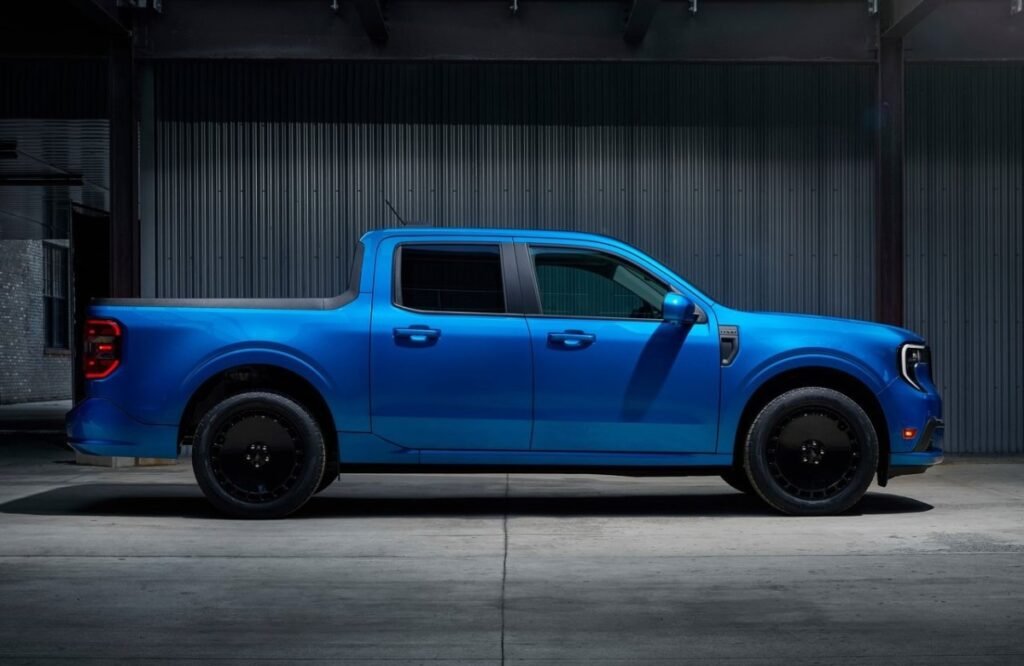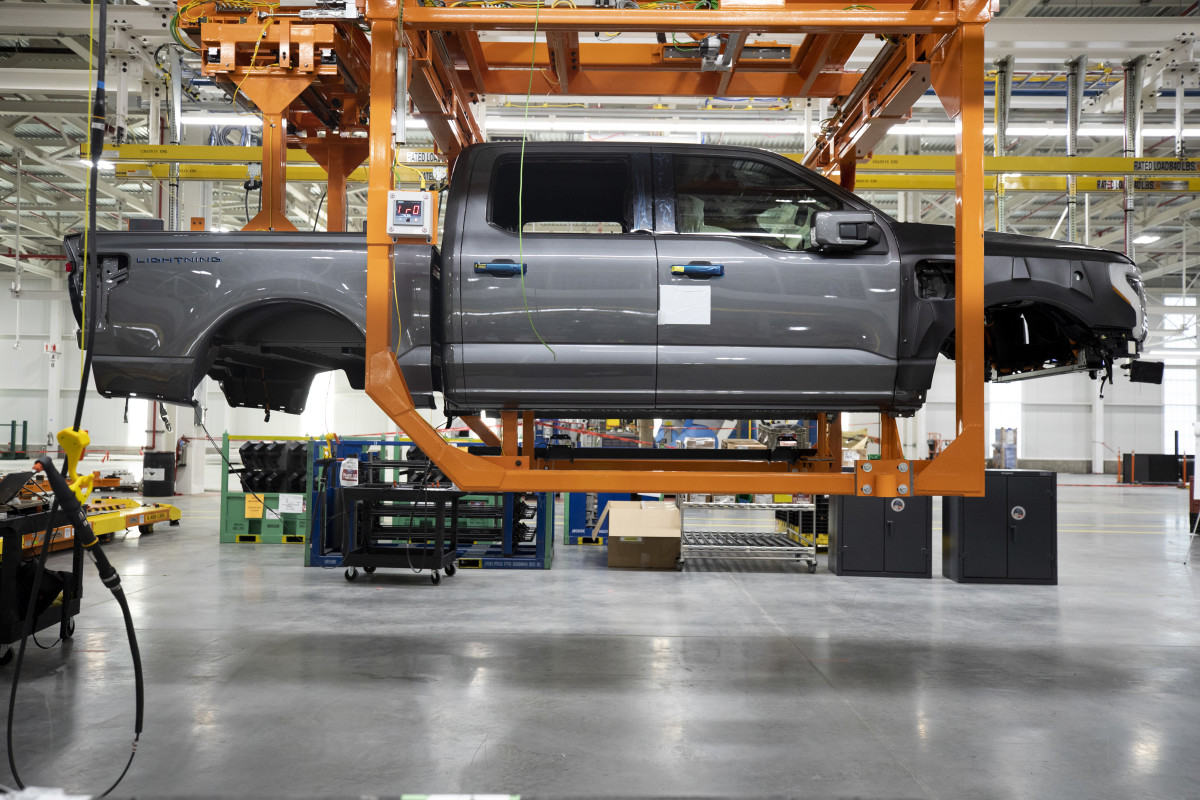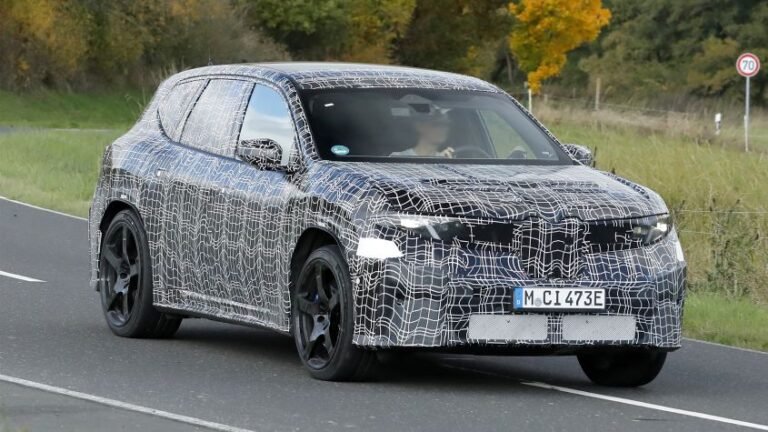
Ford bets a $30K EV truck can spark a comeback
After months of plunging EV sales, Ford is betting that a cheaper, smaller electric pickup could be its ticket to recovery. The company says it’s nearly finished sourcing components for a new $30,000 battery-powered truck—its first vehicle built on a next-generation “Universal EV” platform. It’s already testing prototypes, with factory upgrades set to begin in Louisville, Kentucky, later this year.
The move comes at a critical moment for Ford. EV sales at the automaker dropped 25% in October compared to the same month last year, following the end of federal tax credits that had boosted demand across the industry. Sales of the Mustang Mach-E fell 12%, and the F-150 Lightning—once a symbol of Ford’s electric ambitions—was down 17%.
Ford CEO Jim Farley has called the new project a “right-around-the-corner” launch, saying it represents a reset for Ford’s EV strategy. “We are testing vehicles,” he said during the company’s latest earnings call. “We’ll begin installing equipment in Louisville for the UEV later this year, and we are on track to start production of our LFP cells at the Marshall, Michigan, plant later this year.”
A cheaper way to build EVs
Ford’s new pickup—expected to be roughly the size of the Maverick—will debut a production method designed to slash costs. Instead of a traditional assembly line, Ford plans to build the rear, center, and front sections of the truck separately and join them later in the process. The company says this approach will cut manufacturing time and expense, helping make a $30,000 EV possible without losing money on each unit.
Ford
The entry-level version will use lithium iron phosphate (LFP) batteries—cheaper and more durable than the nickel manganese cobalt (NMC) packs found in many EVs today, though with lower energy density. The batteries will run on a 400-volt system, and Ford is reportedly targeting a battery size around 51 kilowatt-hours—smaller than most modern EVs, but sufficient for daily driving if the vehicle remains lightweight.
Ford hasn’t revealed powertrain or range specs, but the company’s emphasis on affordability suggests this truck won’t chase the performance figures of the F-150 Lightning. Instead, it will aim to make EV ownership attainable for drivers priced out of the market by $60,000-plus electric SUVs and trucks.
Timing the market reset
The timing may be crucial. With federal EV tax credits now expired, U.S. EV sales are entering what analysts call a “reset period,” where buyers are now shopping for EVs not with incentive-driven urgency, but with genuine interest in EV ownership.
Getty Images
That might not sound encouraging for automakers trying to maintain growth, but it could favor companies like Ford if they can deliver lower-cost options that appeal to a wider market. Farley himself warned that EV market share could temporarily drop to around 5% following the end of the incentives, down from roughly 10–12% earlier this year.
Final thoughts
If Ford can deliver a compelling electric truck around $30,000, it could become the most affordable EV pickup in the U.S.—and potentially the first mass-market electric work vehicle. That would give Ford a unique position between budget-conscious buyers and small business owners who might want the practicality of a truck without the cost of gas.
The challenge now will be building and selling the new truck profitably at scale. Ford says 95% of sourcing for the model is complete, and production of the LFP cells in Michigan is expected to start this year—both signs that development is moving quickly. If it succeeds, this unassuming little truck could become the most important vehicle Ford has built in a generation.


